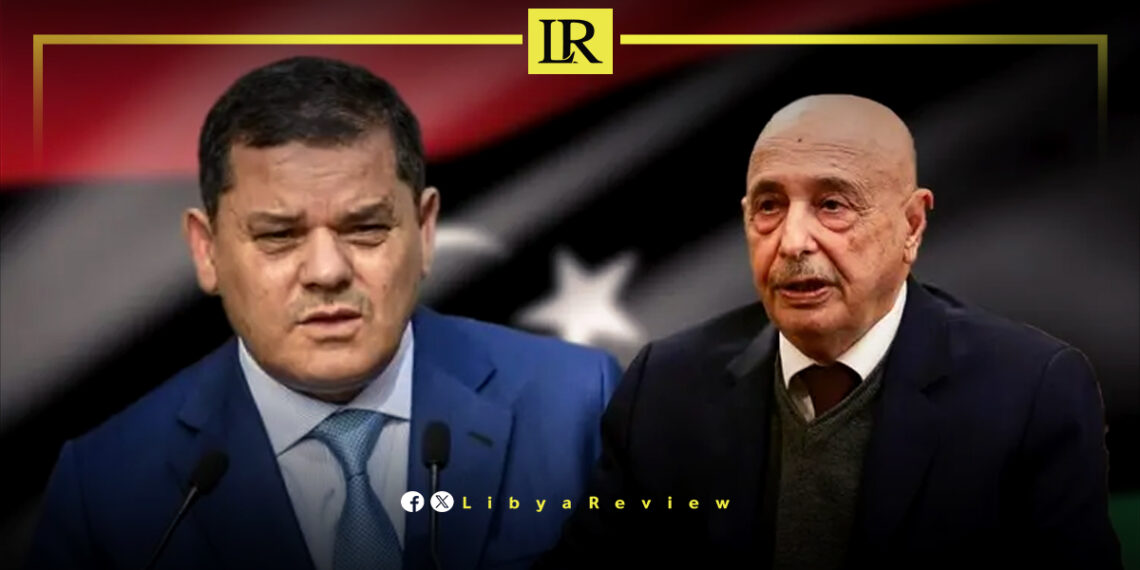On Monday, Libya’s Speaker of the Parliament, Ageela Saleh, issued a strong rebuke of Prime Minister Abdul Hamid Dbaiba and his interim Government of National Unity during a parliamentary session held in Benghazi.
Addressing the Parliament’s plenary session, Saleh accused the Dbaiba-led government of enabling chaos by legalizing the role of armed militias, inflaming divisions, and failing to maintain stability in the capital.
Saleh stated that Dbaiba’s government, whose mandate expired in 2021 following a no-confidence vote by Parliament, has “no further legitimacy” and should relinquish power “voluntarily or by constitutional process.”
He warned that clinging to power has only worsened the national divide and deepened institutional fragmentation.
Referring to the recent deadly clashes in Tripoli, Saleh condemned the use of live ammunition against peaceful demonstrators. “The shooting of unarmed civilians is a crime punishable under both Libyan and international law,” he said. “It is an act of aggression and political failure, and those responsible must face justice. Impunity threatens the rule of law and Libya’s path to reconciliation.”
The speaker’s comments follow days of violent unrest in Tripoli sparked by the killing of Abdelghani al-Kikli, also known as “Ghneiwa”, the head of the now-dissolved Stability Support Apparatus.
The killing triggered clashes between Ghneiwa’s forces and the 444th Combat Brigade, later expanding into further fighting between the 444th and the Special Deterrence Force (Radaa). Dbaiba’s decision to dissolve the security apparatus escalated tensions and led to multiple casualties and widespread destruction.
Although the situation has since calmed following a ceasefire announced by the Presidential Council and the Ministry of Defense, Saleh emphasized that accountability is essential. “What we saw in Tripoli was a tragedy—a complete breakdown of governance and responsibility,” he said. “Those who aim to intimidate or terrorize their people are not fit to govern.”
Saleh also urged Parliament to move quickly in selecting a new Prime Minister. He called on lawmakers to submit candidates immediately, with the Attorney General tasked with verifying each nominee’s legal eligibility to ensure transparent and lawful leadership succession.


